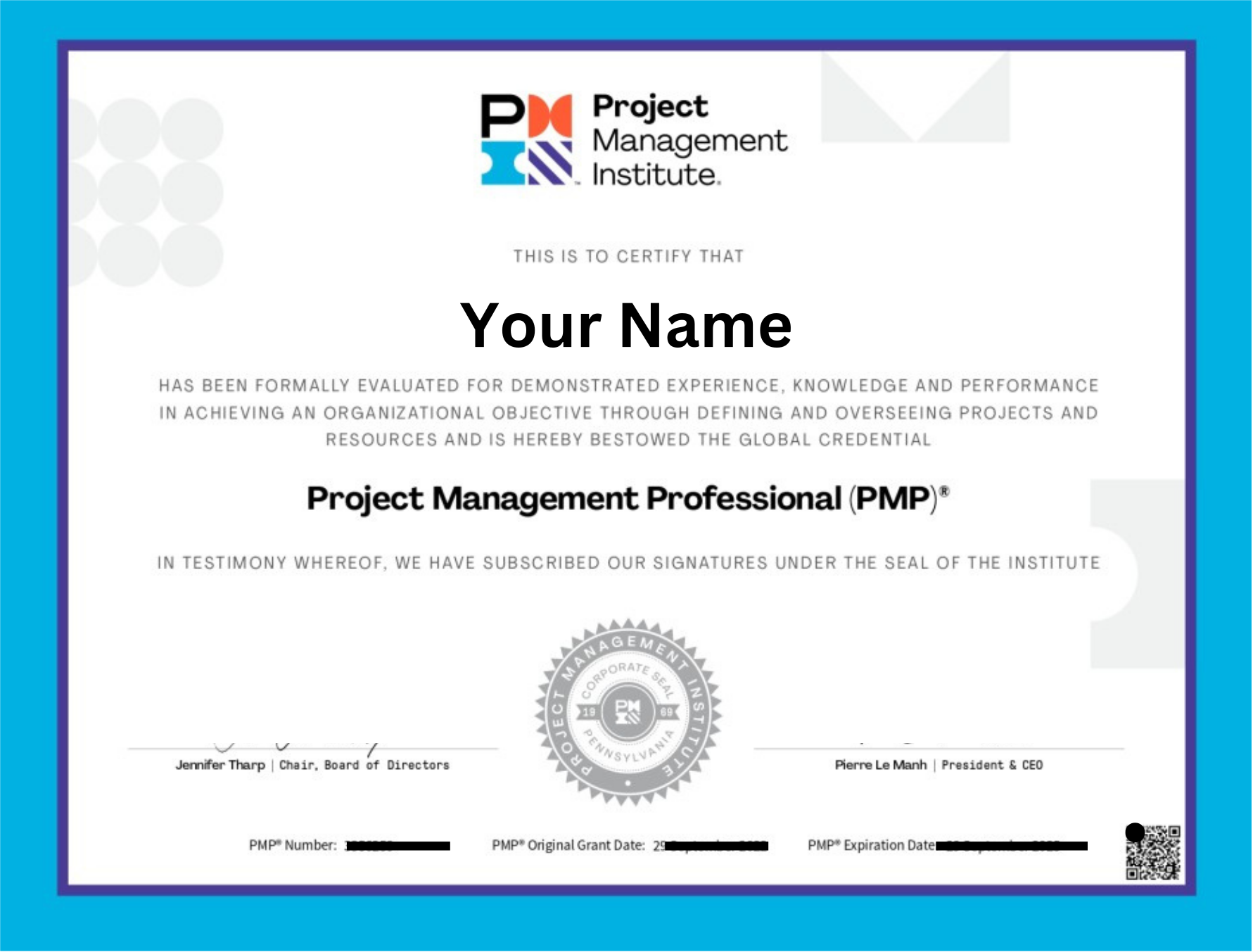PMP Certification Course Overview
The Project Management Professional (PMP) certification training in Delhi offers a structured approach to mastering project management principles and practices. This training course covers essential aspects of project phases including initiation, planning, execution, monitoring, and closure. PMP training in Delhi emphasizes key knowledge areas such as scope, schedule, cost, quality, resource, communication, risk, and stakeholder management. Participants also explore professional ethics and gain hands-on experience with project management tools. Through a mix of interactive lectures, real-world case studies, and mock exams, this course equips professionals with the practical skills and confidence to successfully clear the PMP exam and lead projects effectively.
PMP Certification Course Features
- Live Virtual Classroom (LVC) sessions.
- 18-20 hours of interactive training.
- Activity-based learning approach.
- 20 SEUs & 20 PDUs offered.
- Money-back guarantee.
- Access to PMP exam simulator.
Skills Covered in PMP Training
- Project initiation & planning.
- Execution, monitoring, and closure.
- Scope, time, cost, quality & risk management.
- Stakeholder management.
- Leadership & communication.
- Team management.
Request Callback
For Corporate Trainings

























































































